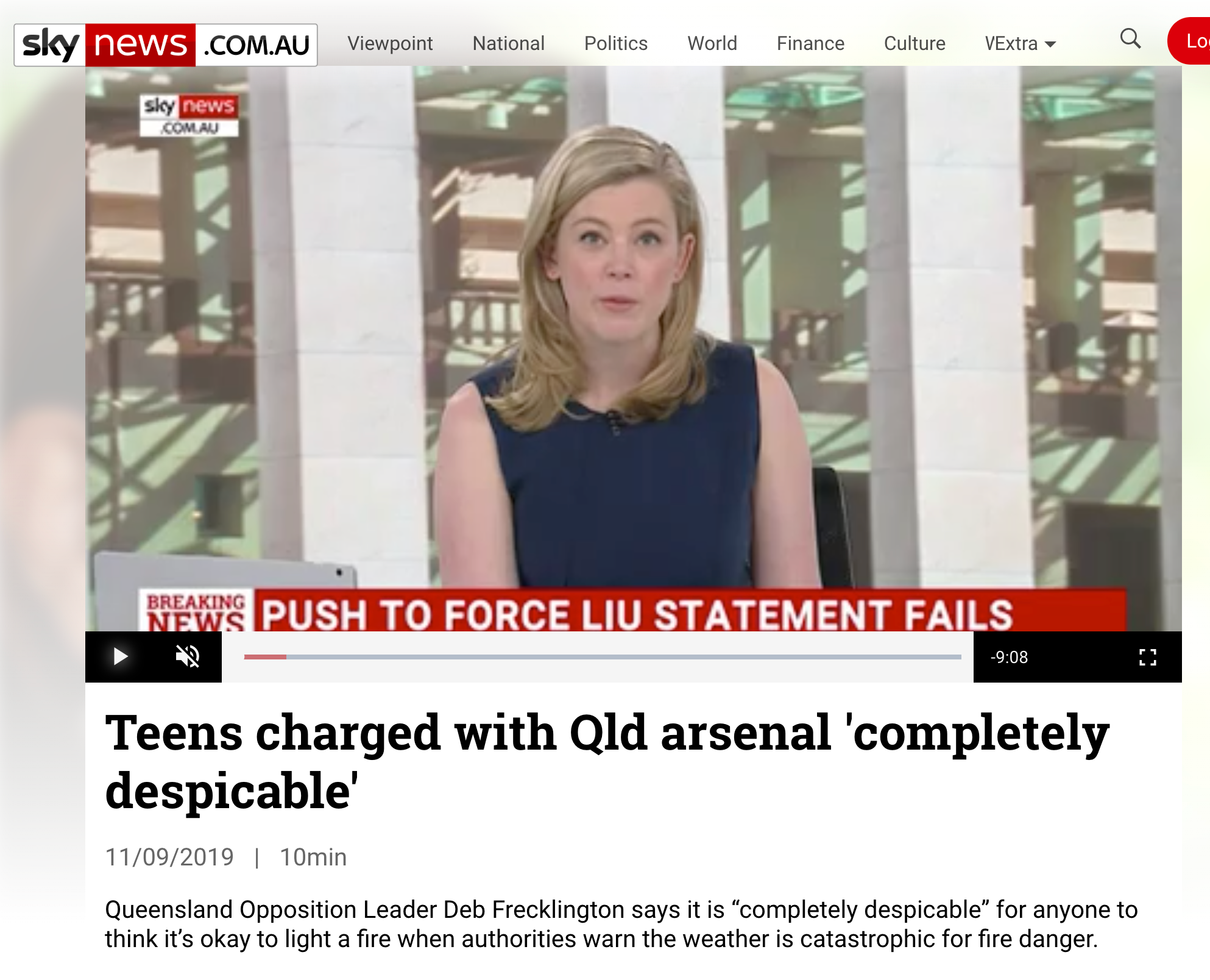Grue and bleen: the blue-green distinction and its implications
When I started to learn Mandarin more than half a century ago, it was easy for me to master lán 蓝/ 藍 ("blue") and lǜ 绿 / 綠 ("green"). But as I became better acquainted with Literary Sinitic / Classical Chinese, I was troubled by the word qīng 青, which seemed to straddle and include both blue and green.
The character depicts the budding of a young plant and it could be understood as "verdant", but the word is used to describe colors ranging from light and yellowish green through deep blue all the way to black, as in xuánqīng (Chinese: 玄青). For example, the Flag of the Republic of China is today still referred to as qīng tiān, bái rì, mǎn dì hóng ("'Blue' Sky, White Sun, Whole Ground Red"—Chinese: 青天,白日,滿地紅); whereas qīngcài (青菜) is the Chinese word for "green bok choy". A cucumber is known as either huángguā (Chinese: 黃瓜) "yellow melon" or qīngguā* (Chinese: 青瓜) "green melon", which is more commonly used in Cantonese. Qīng 青, was the traditional designation of both blue and green for much of the history of the Chinese language, while 藍 lán ('blue') originally referred to the indigo plant. However, the character 綠 lǜ ('green'), as a particular 'shade' of qīng applied to cloth and clothing, has been attested since the Book of Odes (1000 to 600 B.C.) (e.g., the title of Ode 27 《邶風·綠衣》 'Green Upper Garment' in the Airs of Bei). As a part of the adoption of modern Vernacular Chinese as the social norm, replacing Classical Chinese, the modern terms for blue and green are now more commonly used than qīng as standalone color terms, although qīng is still part of many common noun phrases. The two forms can also be encountered combined as 青藍 and 青綠, with 青 being used as an intensifier.
[VHM: Cant. *ceng1gwaa1]
Read the rest of this entry »
